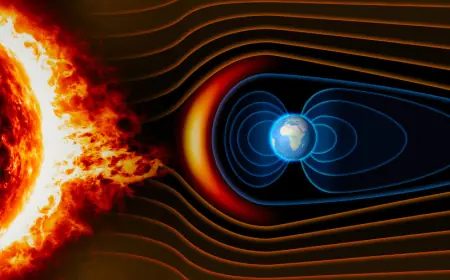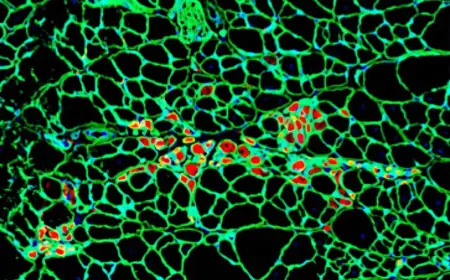A Scientist Explained How to "Awaken" Your Consciousness

Some people describe special moments when everything around them seems unusually vivid, alive, and meaningful, and the boundaries between themselves and the world seem to dissolve. Psychologists call this the experience of awakening consciousness — a short-term state of expanded awareness that can change one’s outlook on life. British psychologist Steve Taylor has studied such states for over 15 years and believes they have identifiable causes. According to his findings, there are three main “triggers” of awakening. The work was published in The Conversation.
The first trigger is a psychological crisis: stress, depression, or loss. About a third of participants reported that during moments of deep distress, they suddenly experienced a sense of inner peace and unity with the world.
The second is contact with nature. Around a quarter of respondents described profound experiences while observing beautiful landscapes, swimming, or hiking in the mountains. “I felt like I was part of everything, completely in harmony with nature,” said one participant.
The third factor is spiritual practice, including meditation, prayer, or yoga. These practices promote inner silence, sharpen attention, and make perception clearer.
According to Taylor, in such moments the “automatic” mode of perception weakens — habitual filters fade, and a person begins to see the world as if for the first time. Sometimes, instead of calm, it is strong emotional shock that causes a temporary breakdown of usual perception patterns, allowing one to move beyond the ego.
Research shows that awakening experiences can have lasting effects — increasing confidence, optimism, and a sense of connection with life.
“Even if the experience lasted only a few minutes, it remains the most important event in life,” the scientist noted.
Although such states cannot be summoned at will, their likelihood can be increased by cultivating inner calm — for example, through meditation or mindful presence in nature.



























